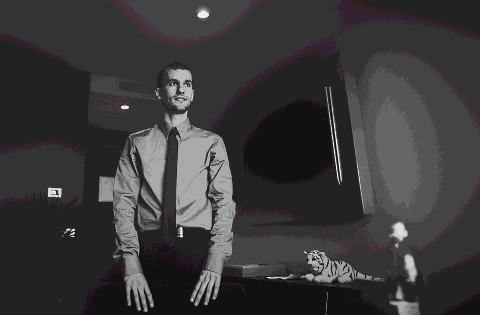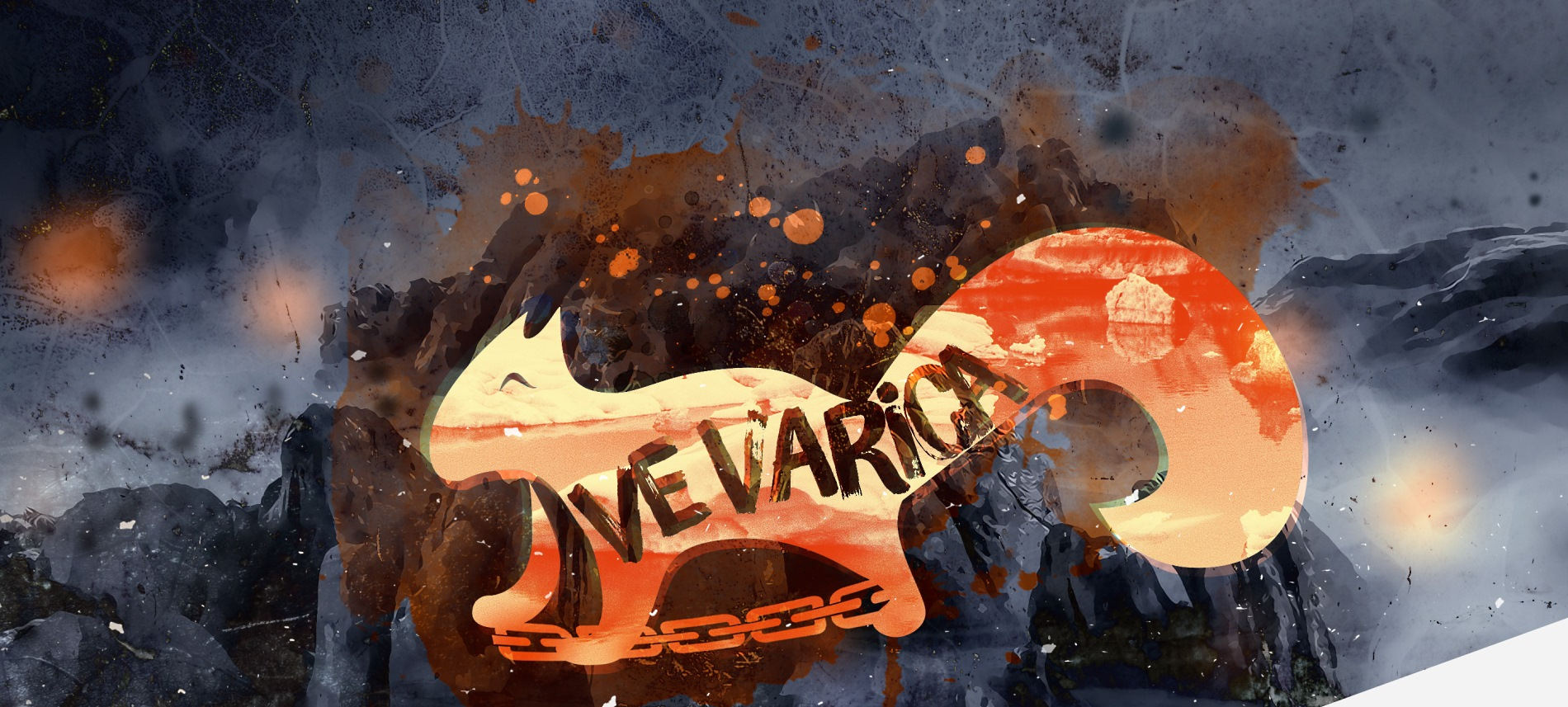| Reading suggestions
Do you understand why money is deemed the most important thing in the world? - I don't. That is why I try to learn more about it. For instance, why money can buy you freedom in court when justice should be unbiased, or why are bankers so important when banks are designed primarily just to exchange and store some printed paper and few metals in their armored vaults.
To me, a fire was lit after reading Jaromil's paper from 2013 titled "Bitcoin, the end of the Taboo on Money". Only after that did I read the original paper for "A Peer-to-Peer Electronic Cash System", the most elegant paper you can find. It struck me how perfectly did SN build on the shoulders of past giants. Wei Dai's "b-money" was the first reference in Bitcoin's paper, obviously, one can't but wonder. I remember reading Ralph Merkle's old paper from 1980, "Protocols for Public Key Cryptosystems", and just enjoying it like I would be reading The Hitchhiker's Guide to the Galaxy. After that, I would recommend reading a provoking story of his project proposal in 1974, you can start here: http://www.merkle.com/1974/. Unfortunatelly, many other cryptographers are nowadays praised much more than RM.
Some time later, in between swimming sessions on vacations nearby, I was reading Robert Guttmann's book from 2003, "Cybercash: The Coming Era of Electronic Money", now things started to unblur more rapidly to me: money is transforming - again. Dematerializing completely. In 2014 I was recommended a course by professor Perry G. Mehrling, Economics of Money and Banking, available on Coursera, which was by far the best lecture I ever received in my 30 years of formal education, a true eye-opener on the topic of what is money and what are the principles of good (or better) money. Then I was attending a class from Yiannis Menelaou in 2015, who introduced to me another fascinating, yet not known enough thing: Special Drawing Rights. That was followed by CryptoNote/Monero, Open-Transactions and now I'm learning, writing, talking about and grinding teeth for blockchains. One to many.
Blockchain, a boring term, beaten to death and then some. As misleading and ambiguous as it only fits in this overloaded world. When Cipher Block Chaining was patented in 1976 by Ehrsam, Meyer, Smith and
Tuchman, the enthusiasm was limited, as was the case with designing collision-resistant hash functions with Merkle-Damgård construction, chaining sequential blocks through a compression function. In this confusion, it doesn't help to mention Distributed Ledger Technology, a politically-correct term for blockchain's superset, nor is it to add Hyperledger's hashchain or Directed Acyclic Graph, for that matter. The emotional narrative is induced by the money at stake. I was as sidetracked as anyone with trying to understand what others though about blockchain, only to come to the conclusion, that as interesting as technicalities are, namely:
- data structures: linking at transaction or block level,
- trust model: permissionless or permission access,
- and hybrids of many kinds,
... they are secondary. What I, as a dreaming piece of wet code desperately need, is fairer living. This necessitates a medium of exchange, where goods and services can be efficiently exchanged, without putting too much focus on the actual medium as it is only a means to an end. Secondly, uniformly pooling the collective knowledge to clear the path of the progress. Finally, to be in sync with nature, as opposed to bending bloody backs in front of machines. It is peculiar that money came first, Bitcoin that is, but necessary in hindsight, so that the next stage, building a world computer comes possible. We do not have it yet, still it is conceivable that decentralized software applications don't stop at business optimizations or entertainment, not even at creating uniformly accessible internet, because as admirably as that is, it is nothing compared to the permissionless knowledge base, a global library, open to everybody. The ultimate piece would then be smart cities. Not the kind driven by greed and vanity, rather with Lewis Mumford in mind, walking away from the technocratic society and embracing the natural environment and spiritual values. It saddens me that citing publications older than 6 months puts me at odds with the typical bypasser. The Myth of the Machine was published in 1970, though it could just as well be yesterday. The faster the technological progress, the wider overview we need to have to appreciate the original goal. Whether we reach it or pivot, matters less than being aware of our path.
Click to hide.


